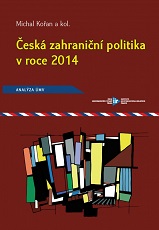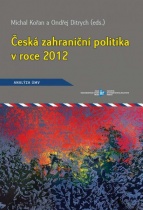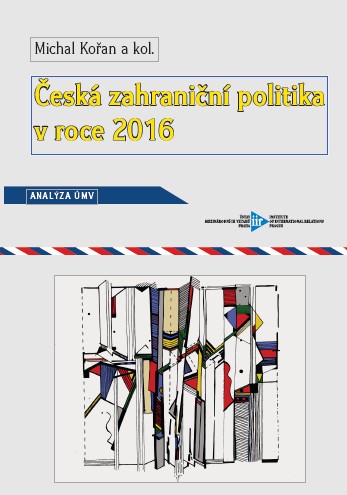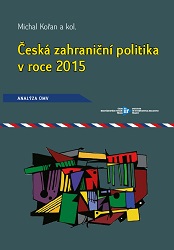
Visegrádská spolupráce, Polsko, Slovensko a Rakousko v české zahraniční politice
Střední Evropa nabyla v české politické diskusi v roce 2014 postavení, jakému se ne-těšila přinejmenším od poloviny devadesátých let. V první polovině roku 2014, po nástupu nové vlády premiéra Bohuslava Sobotky a následných náznacích koncepčních posunů, byla nejprve rozvířena dosud nevídaná vnitropolitická a mediální diskuse o patřičném vztahu ČR vůči středoevropským partnerům. Zahraničně politická část vládního prohlášení nové vlády se věnovala střední Evropě v obdobných rámcích jako vlády bezprostředně předchozí, z programového prohlášení nicméně vysvítala snaha více se věnovat Rakousku. Zároveň ze strany nového vedení Černínského paláce za-znívaly teze o potřebě částečně reformulovat regionální spolupráci obecně, o příklonu k „jižnímu“ vektoru střední Evropy, což se podobalo myšlence, jíž již v minulosti pro-sazoval prezident Miloš Zeman. Částečně i proto, že tyto ideje procházely veřejným prostorem bez podrobnějšího představení toho, jak by měly vypadat v praxi, vyvolávaly nezřídka rozpačitou reakci. S postupem času pak, vděčíc narůstající geopolitické krizi na východním pomezí Evropy a vnitropolitickému vývoji zejména v Maďarsku, získávala střední Evropa postupně stále více pozornosti i v širším zahraničí.
More...


